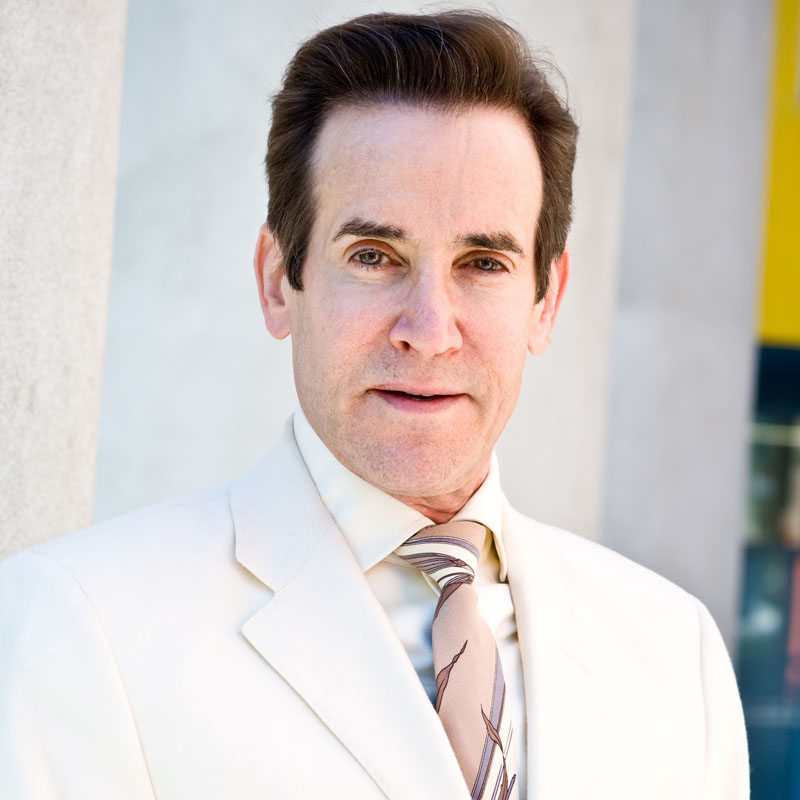
When O.J. Simpson began serving what would prove to be his nine-year prison sentence, Twitter was in its terrible twos and the iPhone in its infancy while Instagram and Snapchat were each merely a proverbial glimmer in their creators’ eyes. Now that Simpson is released into a world obsessed with social media, will the most famous American ever tried for murder allow himself, or be allowed, to simply fade away to the free and tranquil old age few believe he deserves?
The massive audiences for both a recent miniseries and an award-winning documentary about his mid-1990s circus of a trial, as well as Simpson’s own publicity-pursuing past, would suggest the answer is no. Money and even more fame, or at least topicality, would seem to surely await any high-profile ego-maniacal multiple murder who is prepared to exploit and be exploited in this land where an unpleasantly significant percentage of the population believe that the pursuit of fame is life’s most worthwhile ambition.
There is always a chance that interest in O.J. Simpson is merely a passing fad, but it is more likely that, in addition to his own possible podcasts, whenever the now infamous former football player enters a restaurant there will be a phone somewhere in the room recording his every move. The one interesting question for any lawyer is whether a man with an allegedly long history of substance abuse will be able to control his behavior sufficiently so as not to, at some point, find that a parole violation has gone viral and noticed even by Nevada authorities. The door to Nevada’s prison system goes in and out and in again.
Loyola Law School, Los Angeles Professor Stan Goldman covered O.J. Simpson’s murder and subsequent civil trial as a legal analyst for national media outlets.